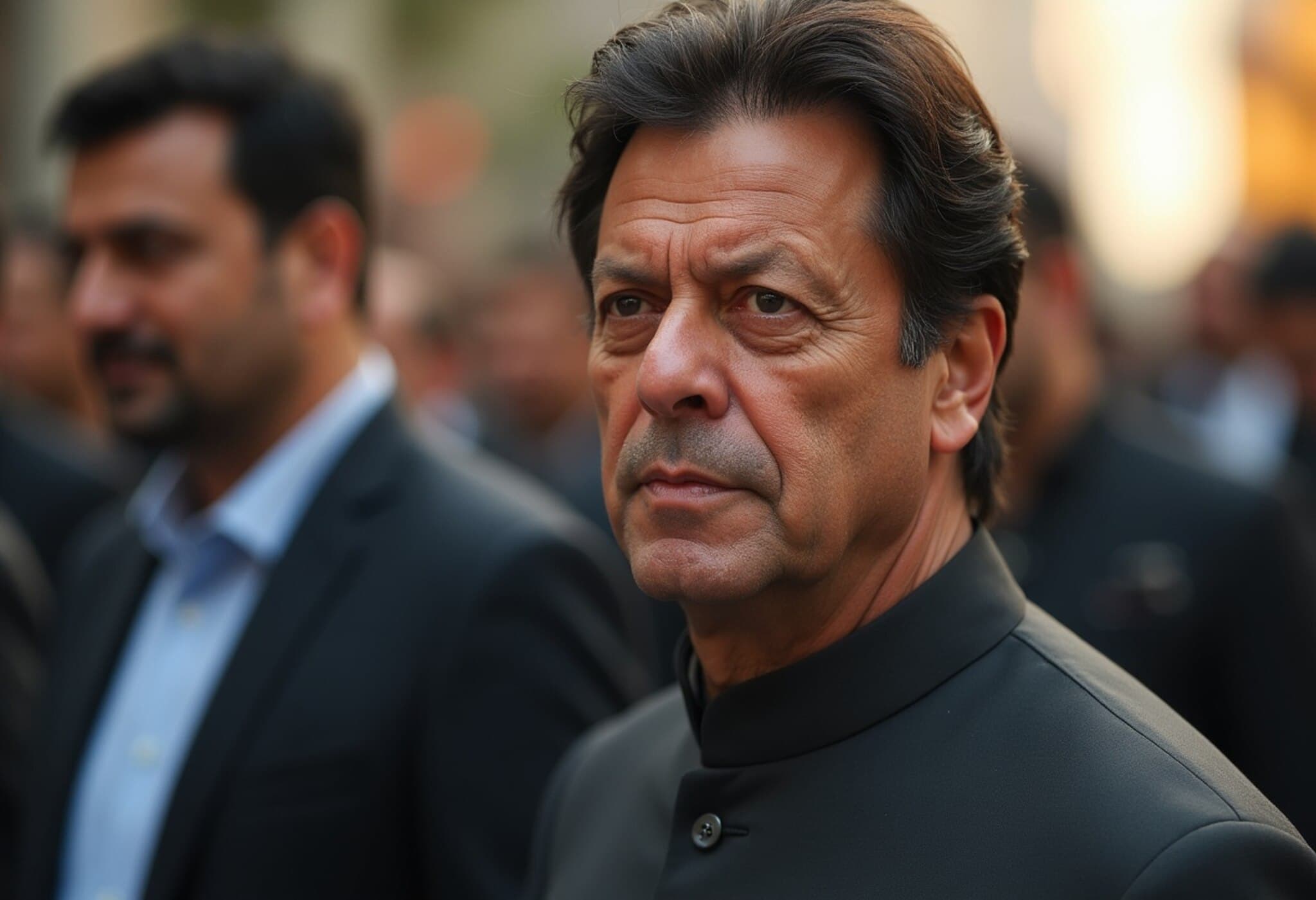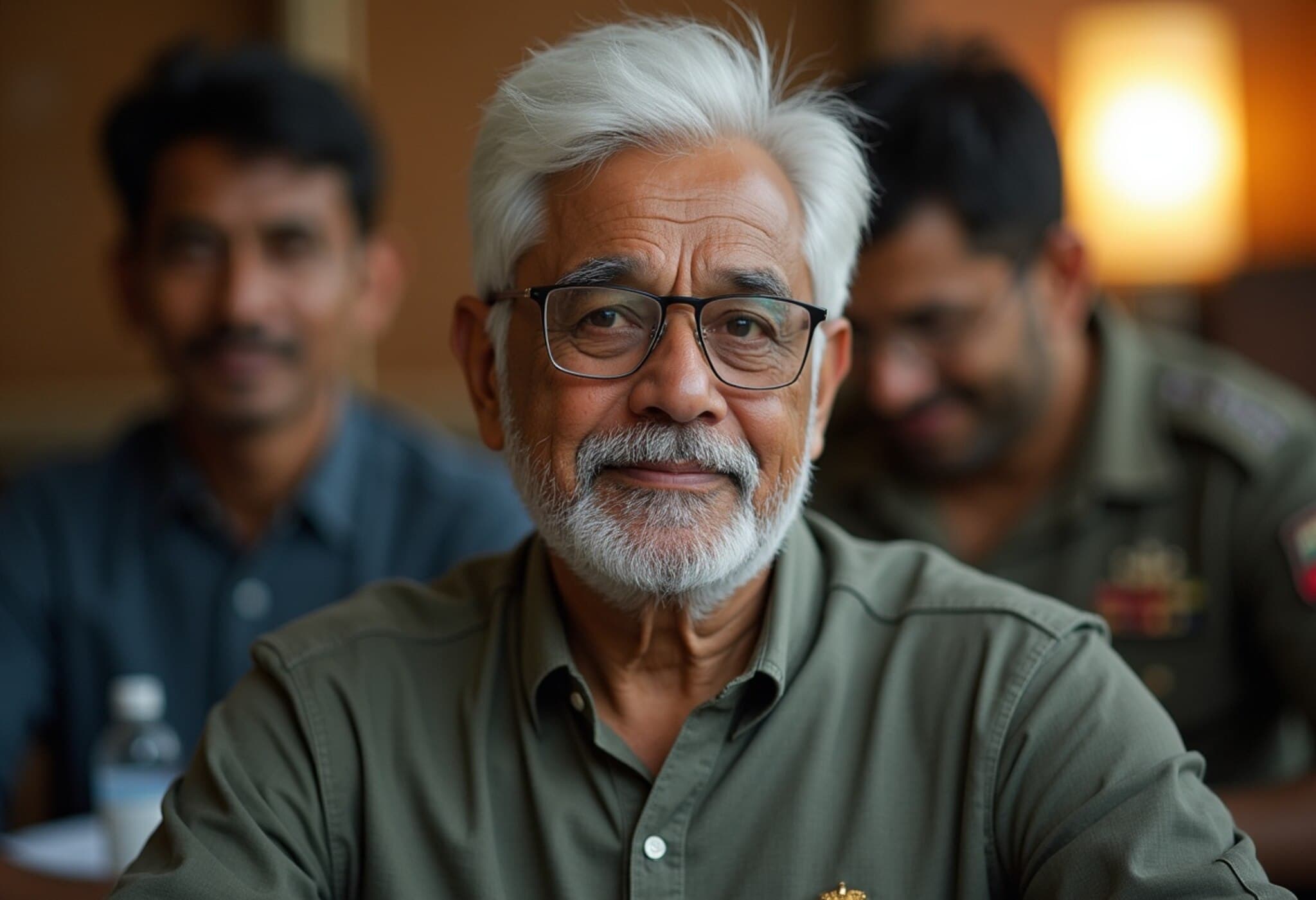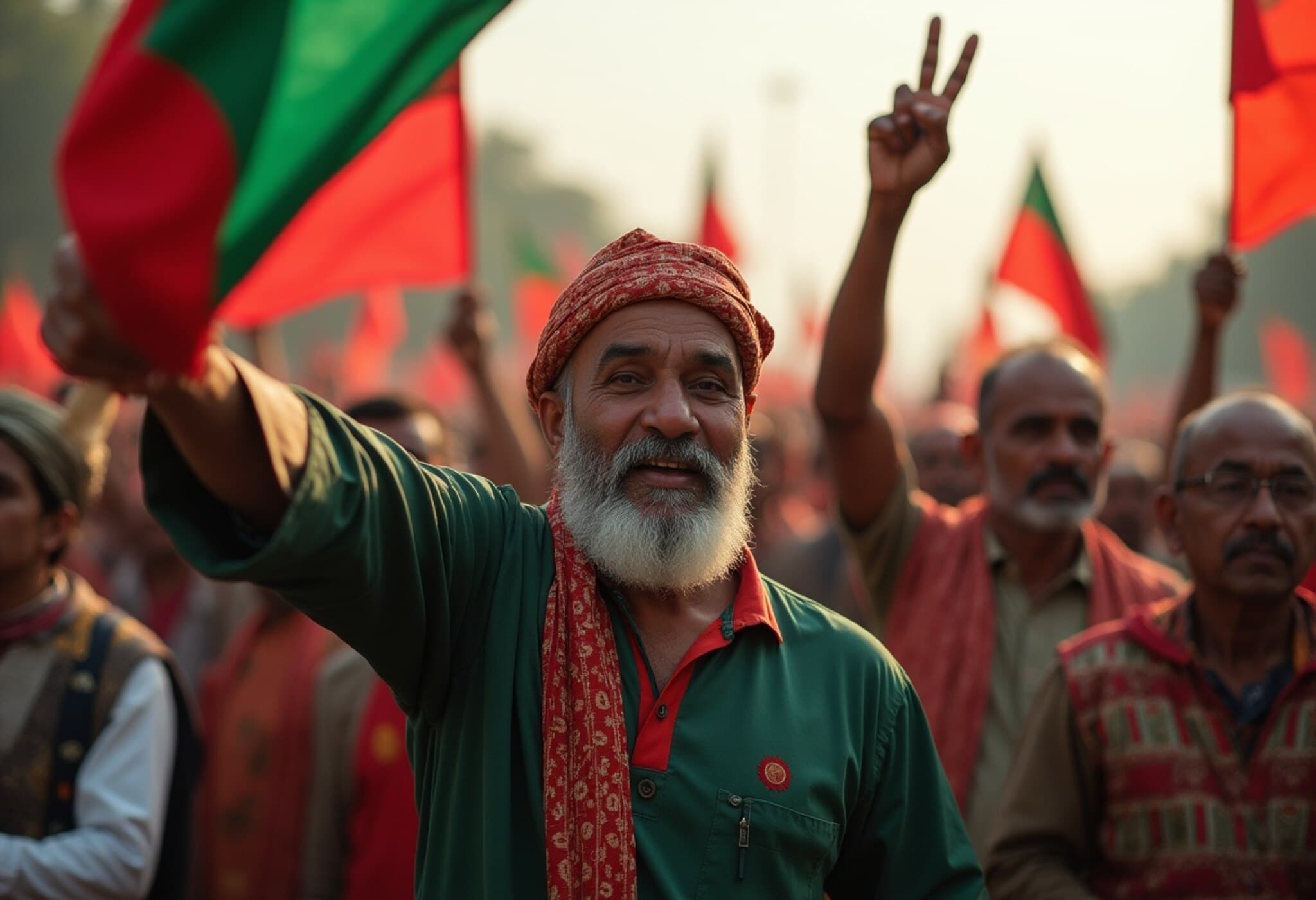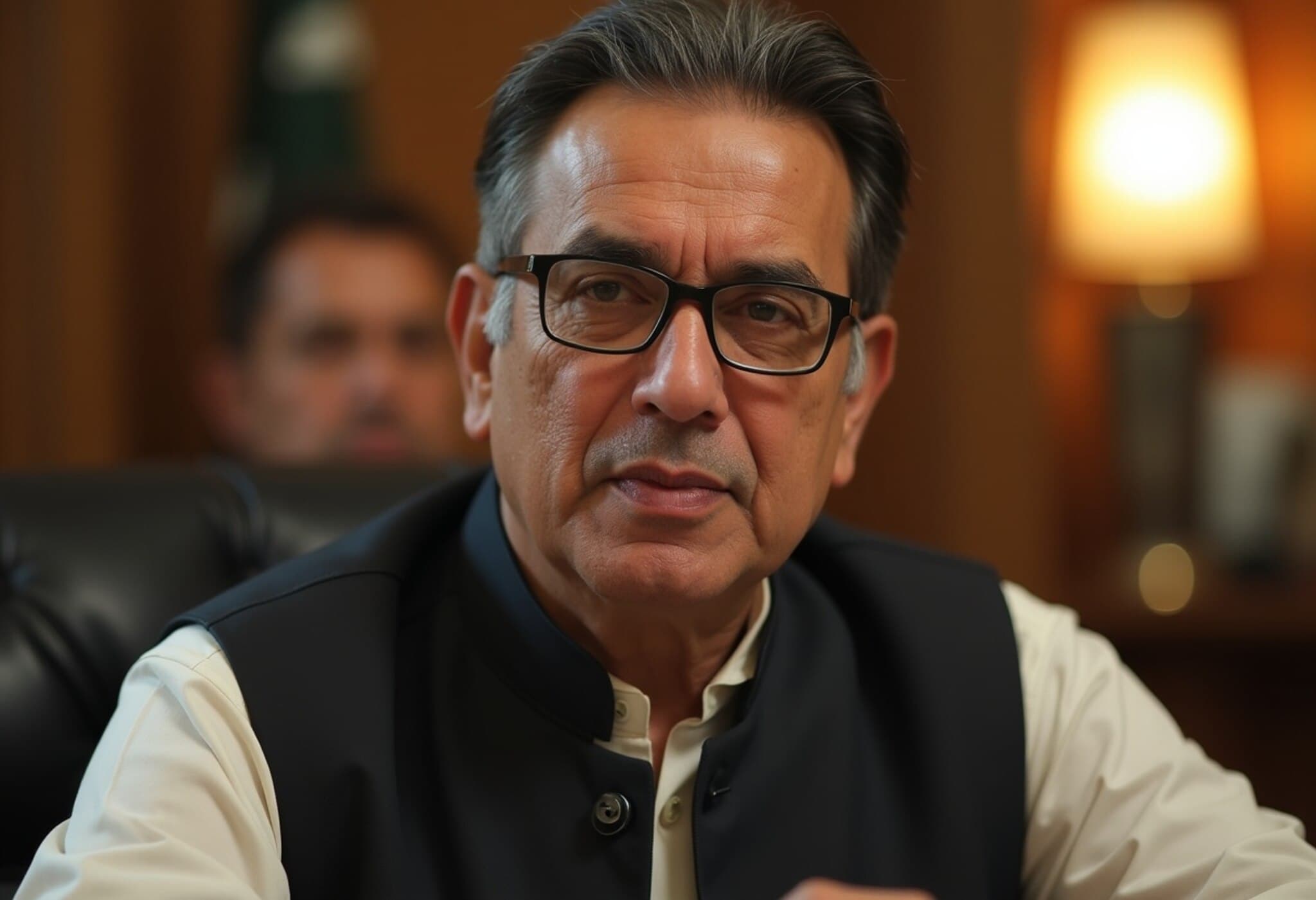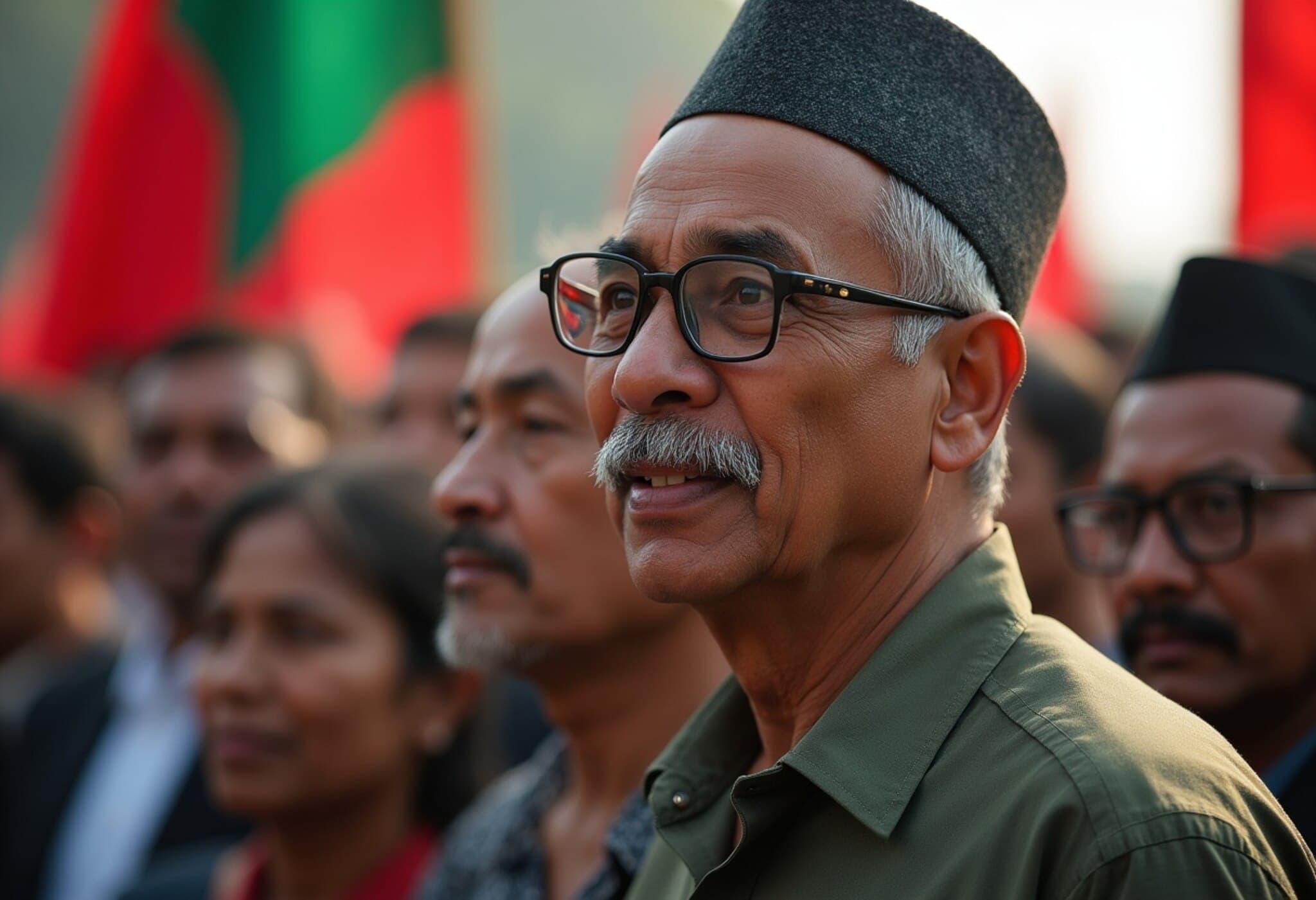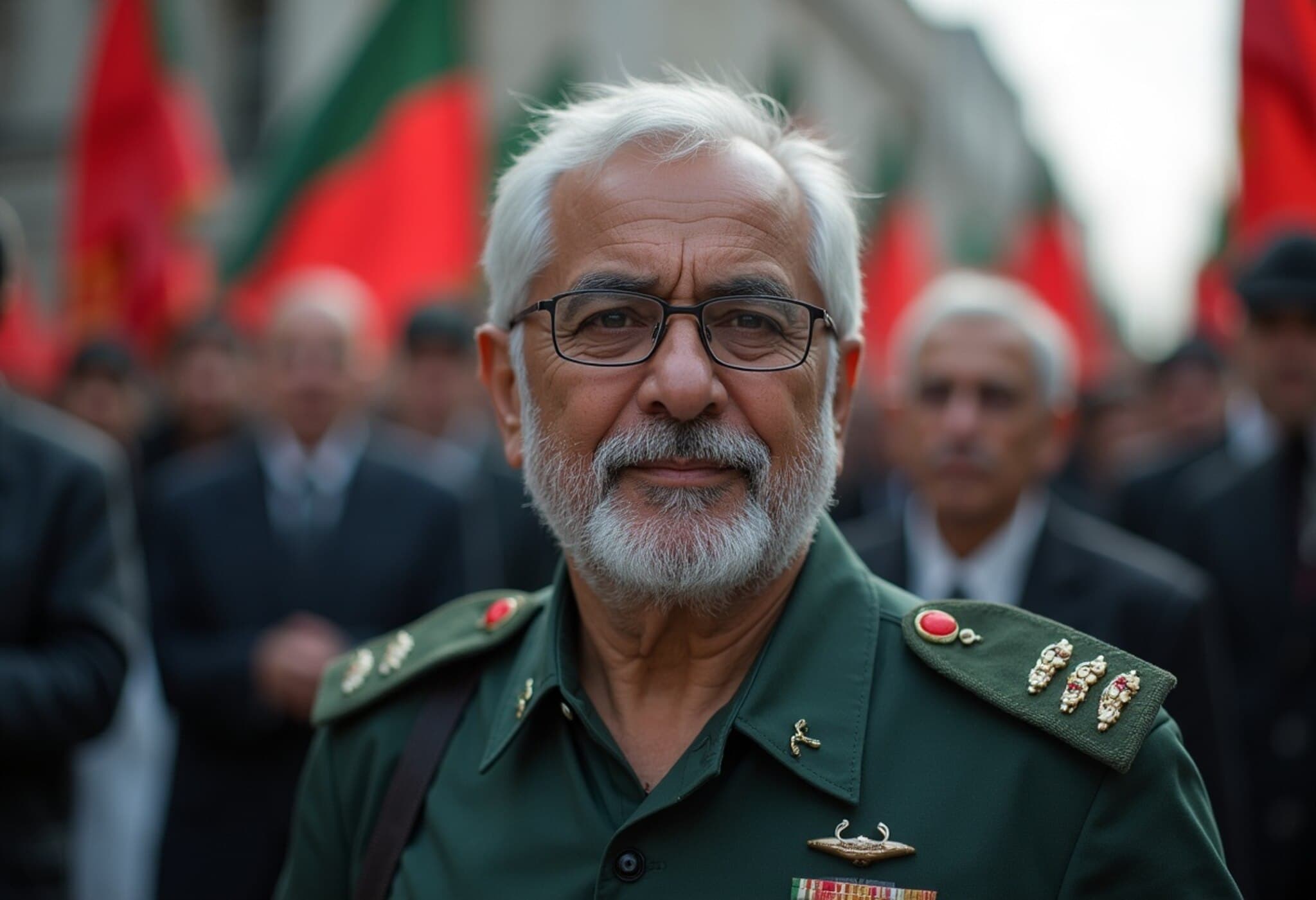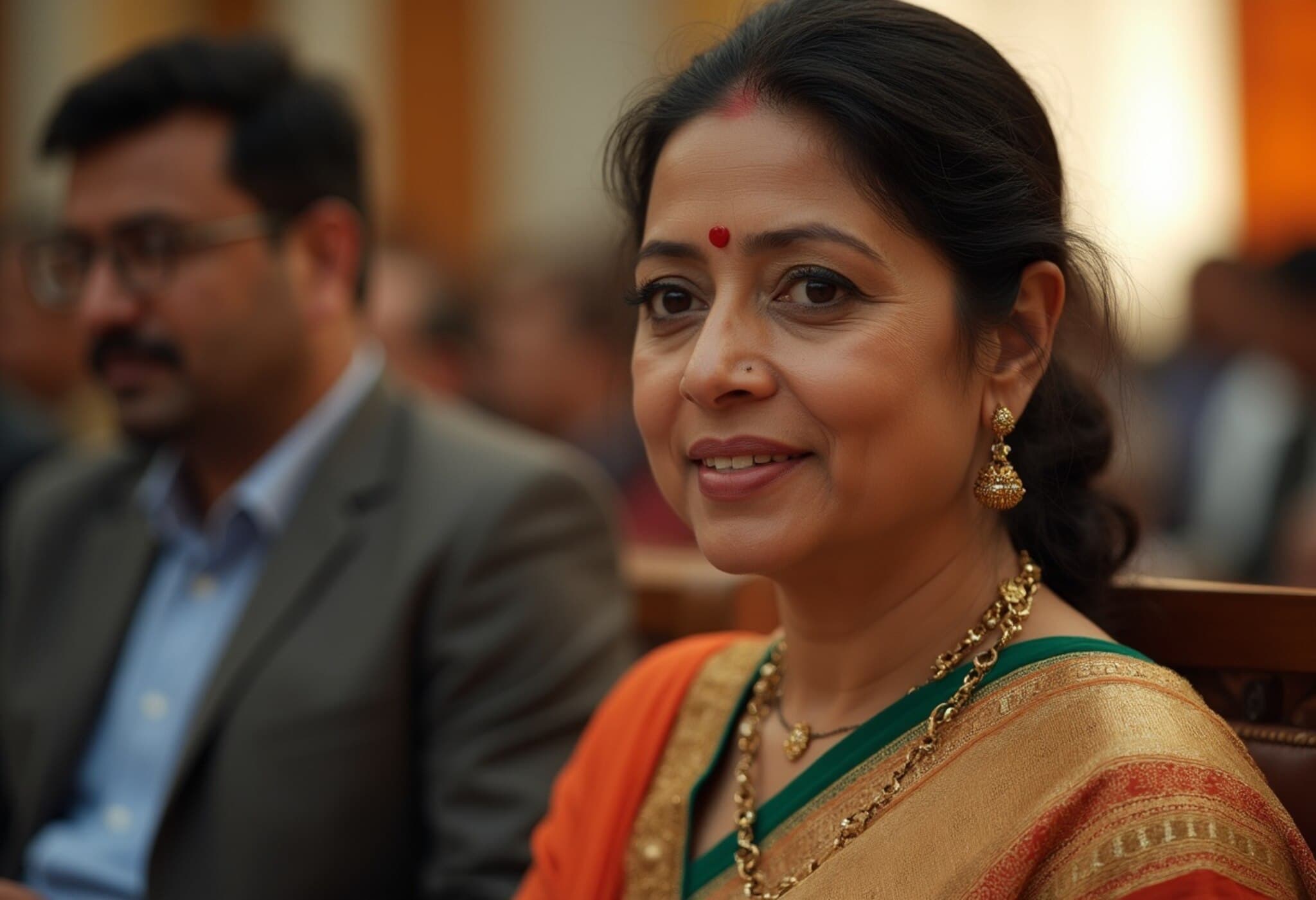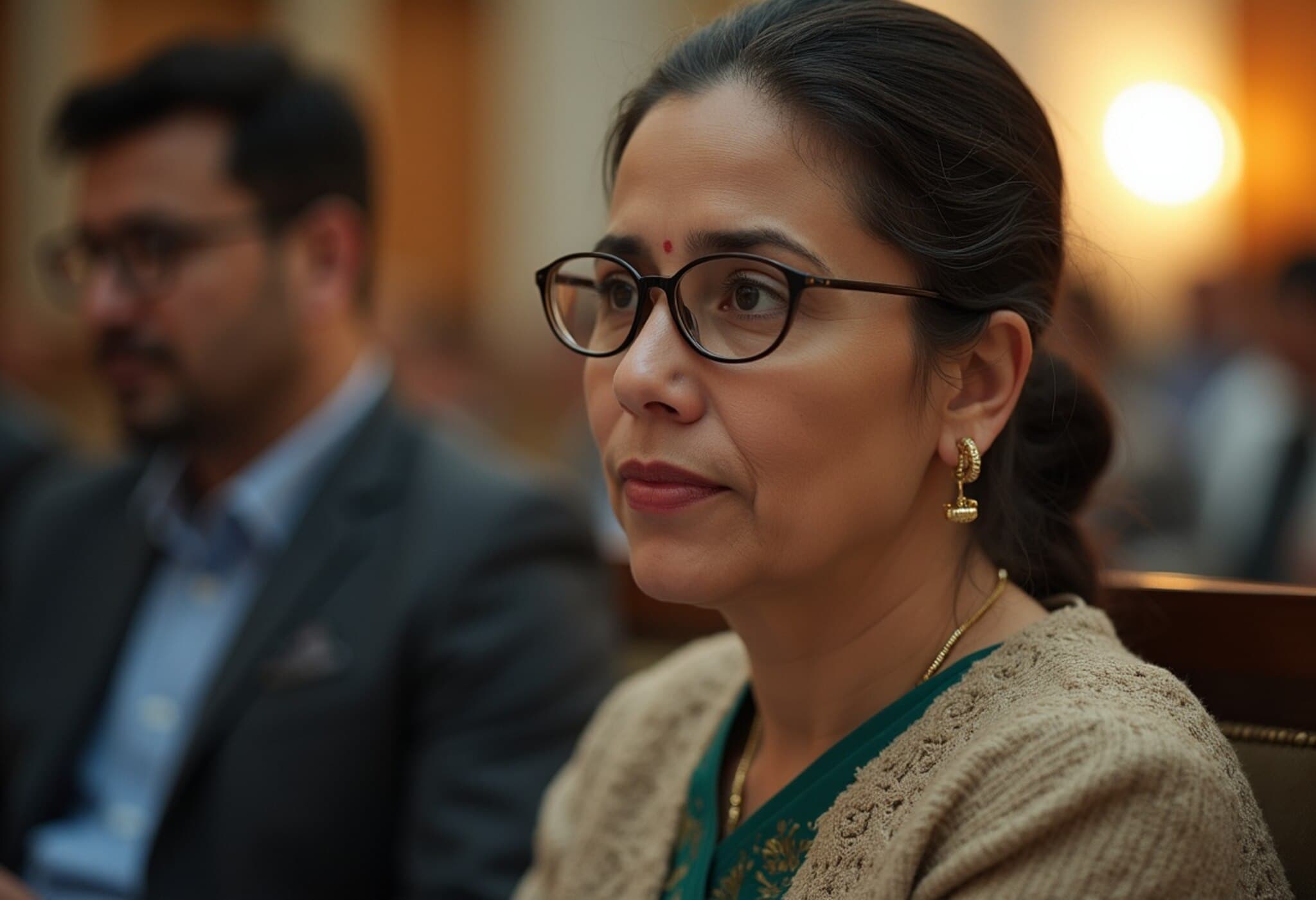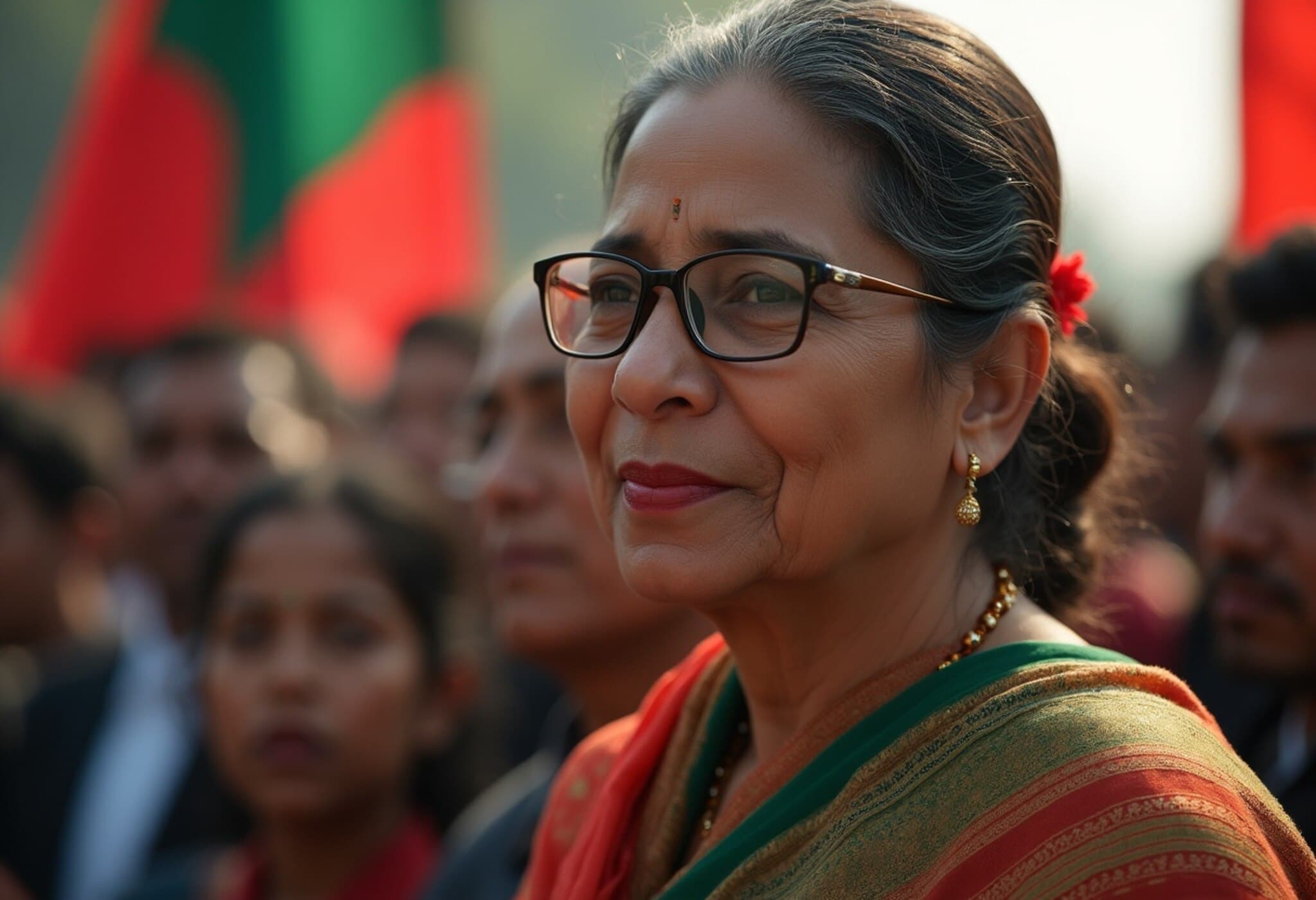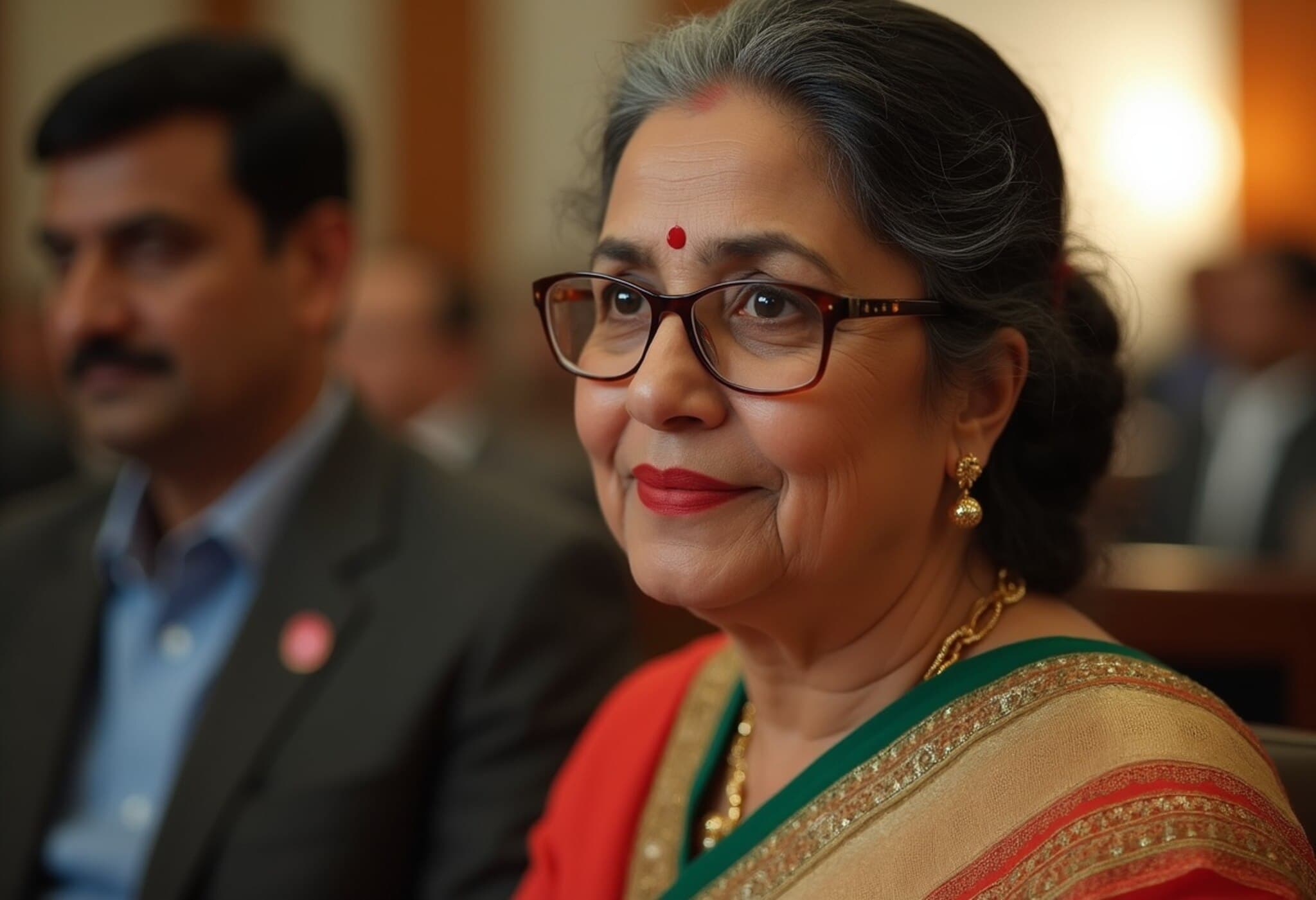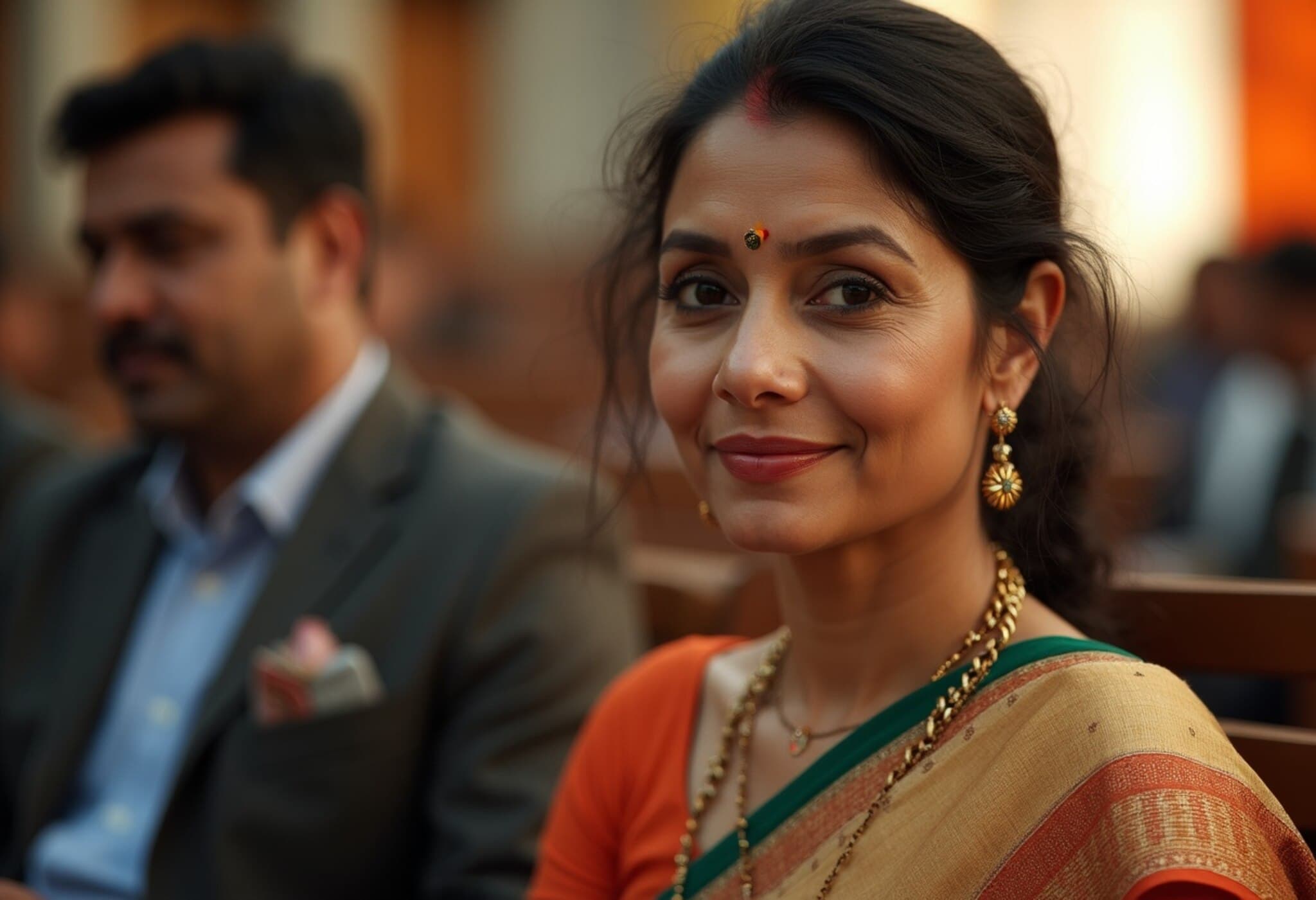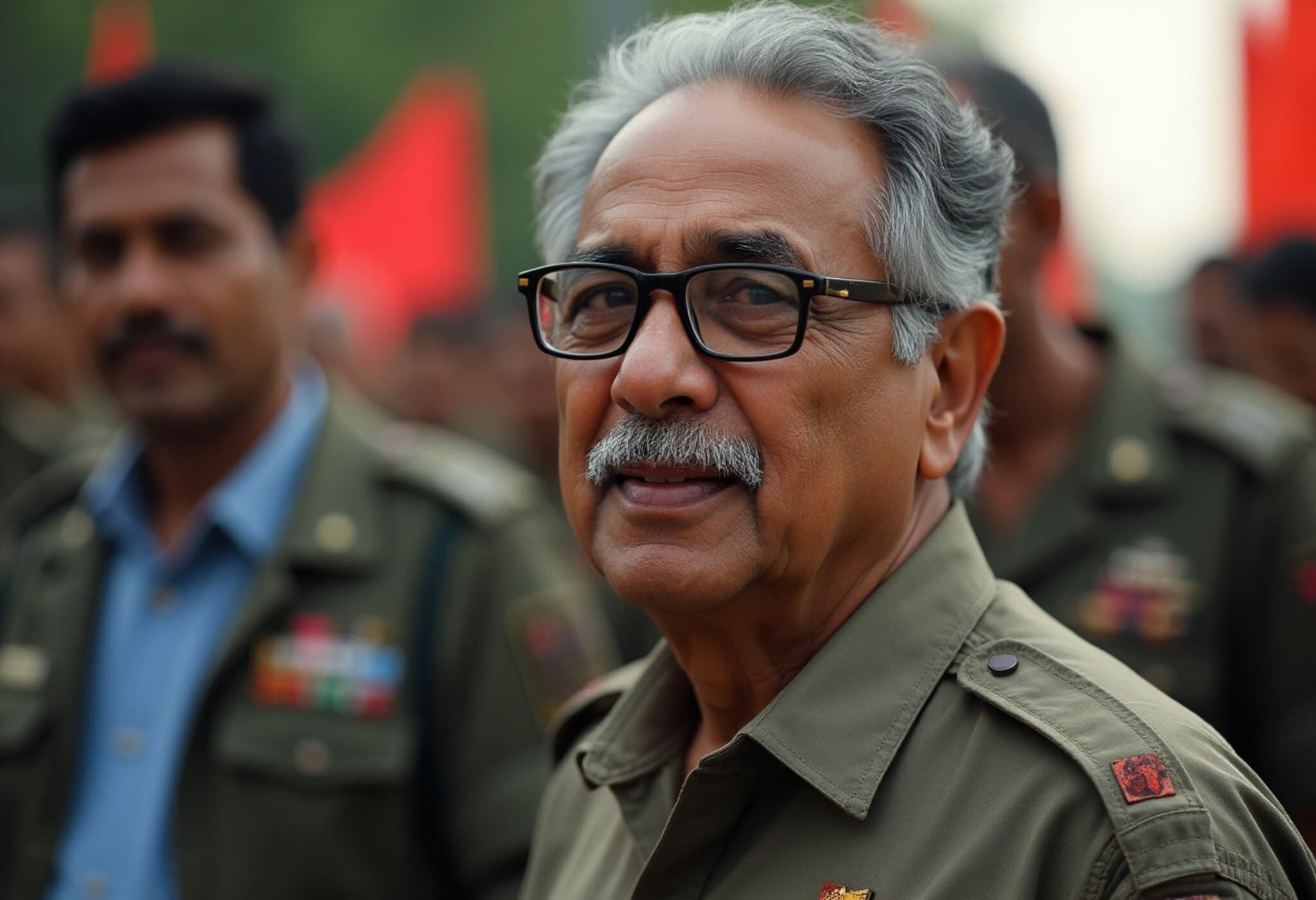Bangladesh’s Interim Leader Raises Concerns Over Sheikh Hasina’s Online Influence from India
Muhammad Yunus, Nobel Peace Prize laureate and interim head of Bangladesh’s government, has openly criticized former Prime Minister Sheikh Hasina for delivering online speeches from India that he claims fuel political unrest in Bangladesh. Addressing a gathering at the Royal Institute of International Affairs, Yunus revealed he personally appealed to Indian Prime Minister Narendra Modi to intervene and prevent Hasina from addressing Bangladeshi citizens via social media.
Political Turmoil Following Hasina’s Ouster
Hasina fled to India after a student-led uprising ousted her government in August 2024. Since then, Yunus described the domestic political climate as highly unstable, with Hasina’s periodic online broadcasts further exacerbating tensions.
"The anger we see has now shifted towards India because Hasina is living there and continues to communicate with people back home," Yunus explained. "When I spoke to Prime Minister Modi, I said, ‘You may host her, but please help ensure she does not address Bangladeshis in ways that incite unrest.’ Unfortunately, that request hasn’t been fulfilled."
Yunus emphasized that Hasina often announces her live speeches well in advance on platforms like YouTube and Facebook, igniting public outrage. He quoted Modi’s response that social media is difficult to regulate, an explanation Yunus found insufficient given the country’s fragile state.
Diplomatic Moves and Legal Actions
The interim leadership reportedly submitted an informal diplomatic note to Indian officials seeking Hasina’s extradition, though no formal proceedings have advanced. Yunus stressed a desire for a lawful and respectful process, underlining Bangladesh’s commitment to maintaining strong neighborly ties.
"We want a proper legal pathway without allowing emotions to cloud judgment," Yunus said. However, misinformation circulating in the Indian media complicates relations, fueling suspicion and anger within Bangladesh.
Meanwhile, Bangladesh’s International Crimes Tribunal has initiated proceedings against Hasina, accusing her of crimes against humanity linked to the violent crackdowns in her final months in power. Notices have been officially served, and actions may extend to involve international agencies like Interpol.
The Road Ahead for Bangladesh’s Interim Government
Since returning from Paris shortly after Hasina’s fall, Yunus has headed an interim government focused on stabilizing the nation. Despite the pressure, he has made it clear neither he nor his current advisers plan to enter the next elected government.
The interim administration supports the newly formed National Citizen Party, constituted by former student leaders who helmed the uprising. Efforts are ongoing to hold former Awami League officials accountable for abuses during the 2024 crackdown, as the country seeks justice and reconciliation.
In this critical transitional period, managing Hasina’s influence from abroad remains a key challenge for both Bangladesh and India, with implications for regional stability.



